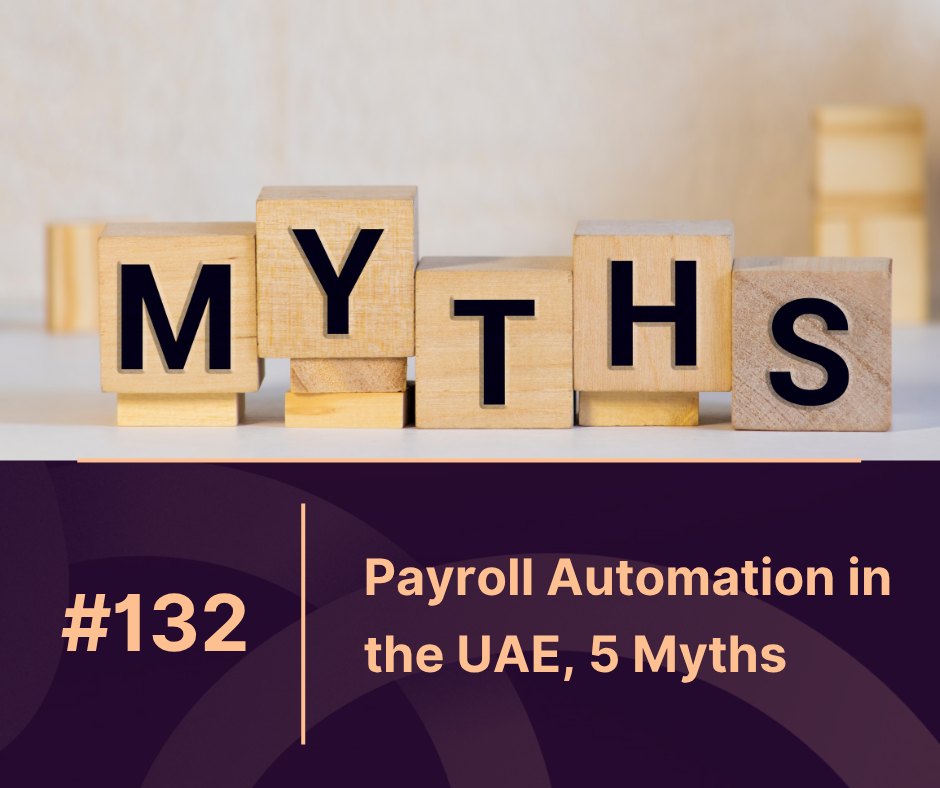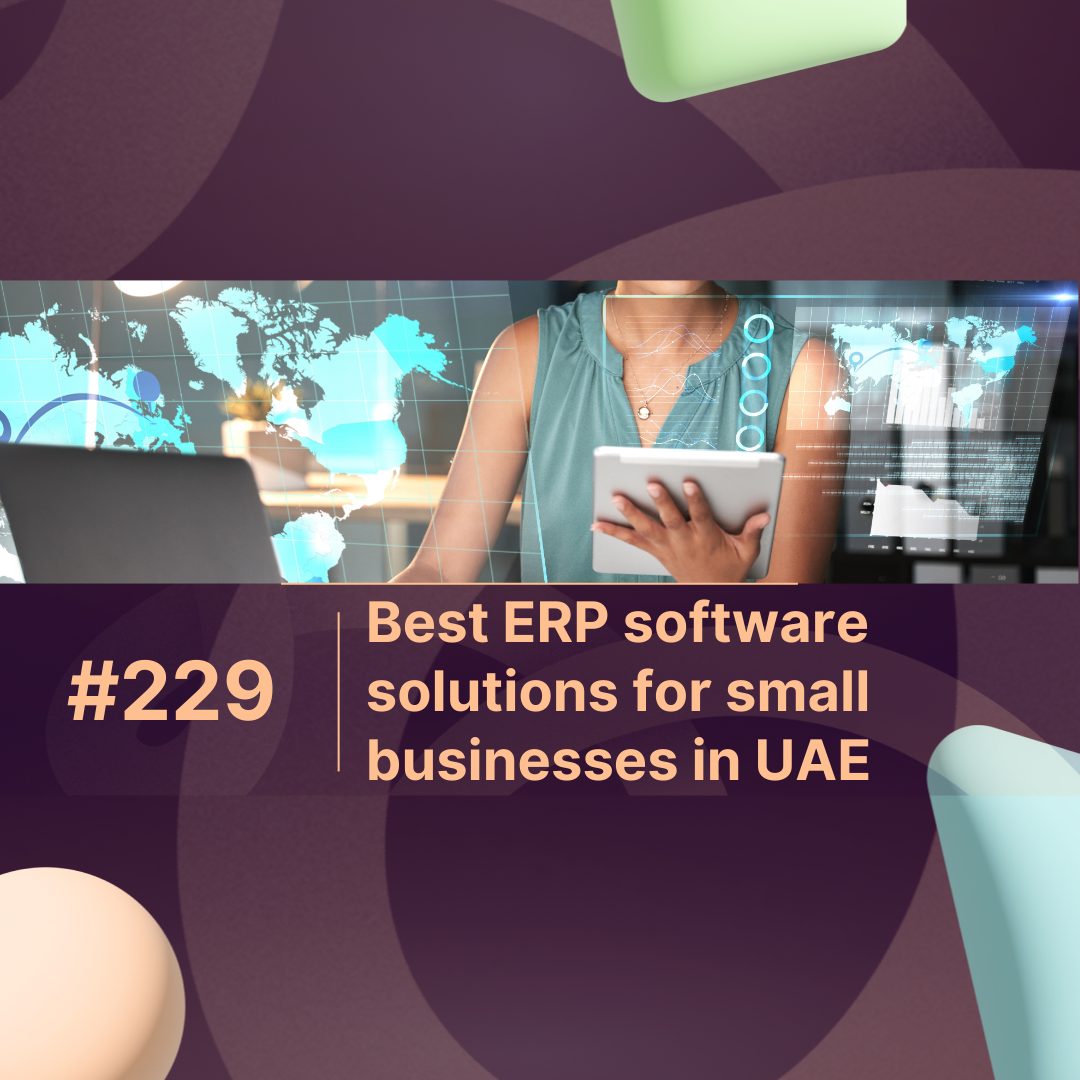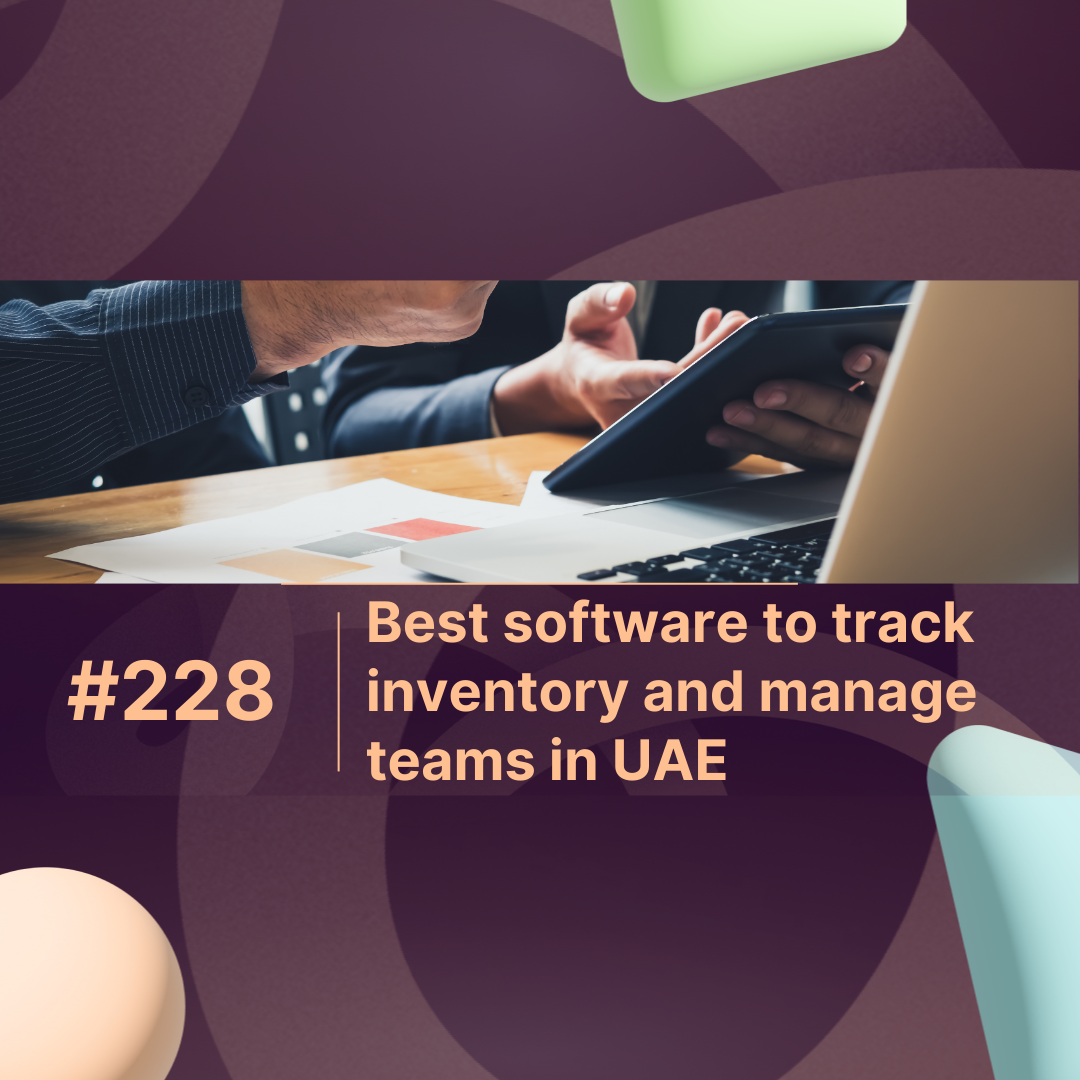Overview
In today’s fast-moving business world, payroll management is no longer just a back-office function it’s a strategic growth driver. Yet, many companies in the Middle East still hesitate to adopt Payroll Automation in the UAE, often because of lingering myths and misconceptions.
This article separates fact from fiction, showing how automation streamlines compliance, enhances accuracy, and saves valuable HR time all without losing the personal touch.
What Is Payroll Automation in the UAE?
Payroll Automation in the UAE refers to using cloud-based or AI-driven systems to process employee salaries, taxes, end-of-service benefits, and WPS (Wage Protection System) transfers automatically.
Instead of manually calculating each employee’s salary, deductions, or allowances, automation ensures that payroll runs seamlessly, compliantly, and on time.
With solutions like MaxHR and similar platforms, UAE-based companies are now achieving up to 99.8% payroll accuracy freeing HR teams to focus on people, not paperwork.
Why Payroll Automation Is Becoming Essential in the UAE
UAE businesses face strict compliance obligations, from WPS reporting to end-of-service benefits under Federal Decree-Law No. 33 of 2021. Manual errors can lead to fines or delays.
According to Deloitte Middle East (2024):
-
68% of UAE companies using manual payroll systems report compliance challenges.
-
Automated payroll users cut processing time by up to 65%.
-
HR teams save an average of 10+ hours per pay cycle.
| Metric | Manual Payroll | Automated Payroll | Improvement |
|---|---|---|---|
| Processing Time | 8–10 hours | 2–3 hours | +65% faster |
| Payroll Accuracy | 92% | 99.8% | +7.8% |
| Compliance Risk | High | Low | −80% |
| Employee Queries | 15/month avg. | 3/month avg. | −80% |
(Source: HRTech UAE Payroll Efficiency Survey 2025)
5 Common Myths About Payroll Automation in the UAE — Busted!
1. “Payroll Automation Is Too Expensive for SMEs”
Truth: Automation is now affordable and scalable.
Cloud-based payroll solutions like MaxHR offer flexible pricing, often cheaper than maintaining manual systems or hiring extra staff. The ROI comes from reduced errors, faster processing, and compliance peace of mind.
2. “It’s Not Compliant with UAE’s WPS Rules”
Truth: Modern payroll automation tools are built for UAE compliance.
They integrate directly with the WPS system and ensure salaries are transferred through registered channels. Automation reduces the risk of late payments, ensuring compliance with Ministry of Human Resources and Emiratisation (MOHRE) requirements.
3. “Automation Will Replace HR Jobs”
Truth: It enhances HR roles — not replaces them.
Payroll automation frees HR professionals from repetitive data entry, allowing them to focus on strategy, employee engagement, and analytics. It’s about human enablement, not replacement.
4. “It’s Too Complex to Set Up”
Truth: Implementation is faster than you think.
Most providers in the UAE offer onboarding within 2–3 days, including data migration, configuration, and WPS linking. Cloud systems require no hardware setup, meaning you can go live almost instantly.
5. “Payroll Data Isn’t Secure in the Cloud”
Truth: Cloud-based payroll systems are often more secure than local spreadsheets.
With end-to-end encryption, multi-factor authentication, and role-based access, tools like MaxHR safeguard sensitive data from both internal and external threats.
According to a PwC Middle East cybersecurity report (2025), 74% of UAE businesses using automated HR systems saw a reduction in data breaches.
The Business Impact of Payroll Automation
Beyond saving time and reducing risk, Payroll Automation in the UAE delivers measurable ROI:
| Business Outcome | Impact (%) | Details |
|---|---|---|
| Cost Savings | 35% | Less manual effort and rework |
| Payroll Accuracy | 99.8% | Fewer disputes and adjustments |
| HR Efficiency | +60% | Teams spend more time on strategy |
| Compliance Score | +90% | Automated WPS and tax updates |
Automation transforms payroll from a task into a growth enabler — especially for UAE-based businesses scaling across multiple Emirates.
Conclusion
Payroll Automation in the UAE is no longer a luxury it’s a necessity for compliance, efficiency, and trust.
By busting these myths, it’s clear that automation doesn’t mean complexity or loss of control; it means reliability, accuracy, and smarter HR operations.
Companies embracing tools like MaxHR are already leading the way cutting costs, ensuring WPS compliance, and improving employee satisfaction with timely, error-free payments.
In 2025 and beyond, the real question isn’t whether to automate — it’s how fast you can make the switch.
FAQs About Payroll Automation in the UAE
1. Is payroll automation legal in the UAE?
Yes. Automated payroll systems comply with UAE WPS and labor laws, as long as they’re integrated with registered banks or exchange houses.
2. How does payroll automation save time?
It automates salary calculations, deductions, and transfers, cutting payroll processing time by 60–70% compared to manual entry.
3. Can small businesses use payroll automation in the UAE?
Absolutely. Many cloud-based systems offer affordable plans for SMEs, scaling as your business grows.
4. How secure is automated payroll data?
Leading providers use encryption, secure servers, and multi-level access controls to protect sensitive employee data.
5. What’s the best payroll automation software in the UAE?
Several tools exist, but AI-driven platforms like MaxHR are popular for their accuracy, WPS integration, and ease of use.



